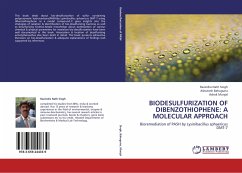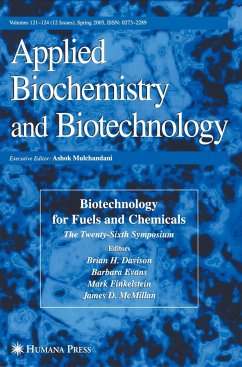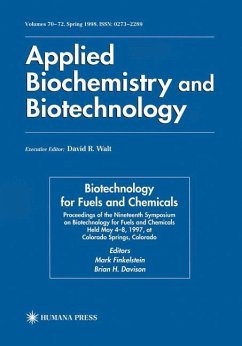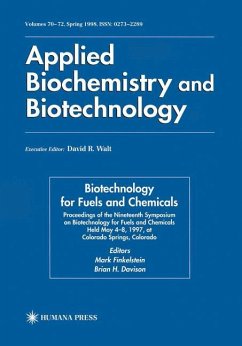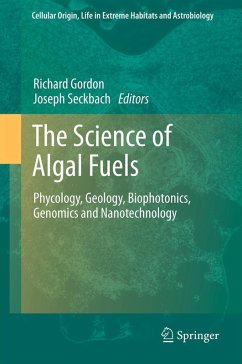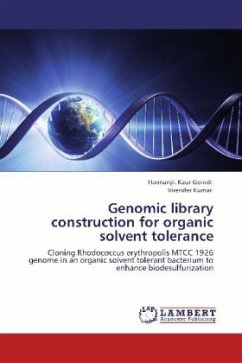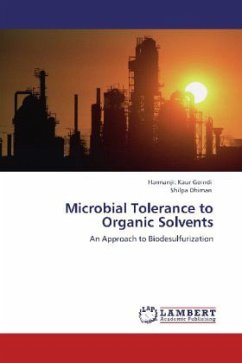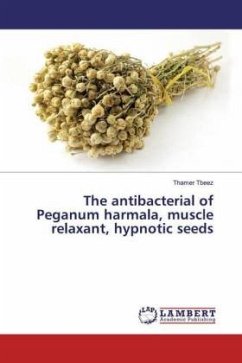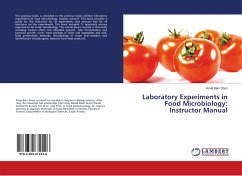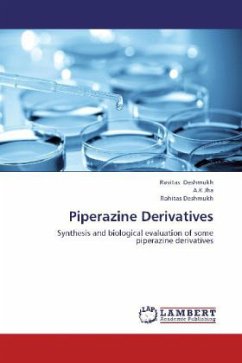
Biodesulfurization of fossil fuels
Diesel desulfurization by cells and enzymes of Staphylococcus sp. strain S3/c
Versandkostenfrei!
Versandfertig in 6-10 Tagen
52,99 €
inkl. MwSt.

PAYBACK Punkte
26 °P sammeln!
The Biodesulphurisation wave is the onset of efforts to remove excess of sulphur containing organic compounds from fossil fuels and their distillates. It embarks on the potential of the microorganisms as well as their enzymes for degrading these compounds or specifically remove the sulphur atom from them so as to reduce the sulphur oxide emissions from such biodesulphurised fuels . Needless to say, the resultant cleaner fuels help in maintaining the environmental conditions conducive for all living beings. This study focuses on the use on a novel bacterium Staphylococcus sp. Strain S3/c for ef...
The Biodesulphurisation wave is the onset of efforts to remove excess of sulphur containing organic compounds from fossil fuels and their distillates. It embarks on the potential of the microorganisms as well as their enzymes for degrading these compounds or specifically remove the sulphur atom from them so as to reduce the sulphur oxide emissions from such biodesulphurised fuels . Needless to say, the resultant cleaner fuels help in maintaining the environmental conditions conducive for all living beings. This study focuses on the use on a novel bacterium Staphylococcus sp. Strain S3/c for effectively removing the model compound, dibenzothiophene (DBT), from model oil as well as its naturally occurring derivatives in straight run gas oil and hydrodesulphurised diesel. The use of its enzymes have also shown DBT oxidation under near non-aqueous conditions, a feat considered impossible to fathom. Interesting study for oil refining companies, researchers and environmentalists.



